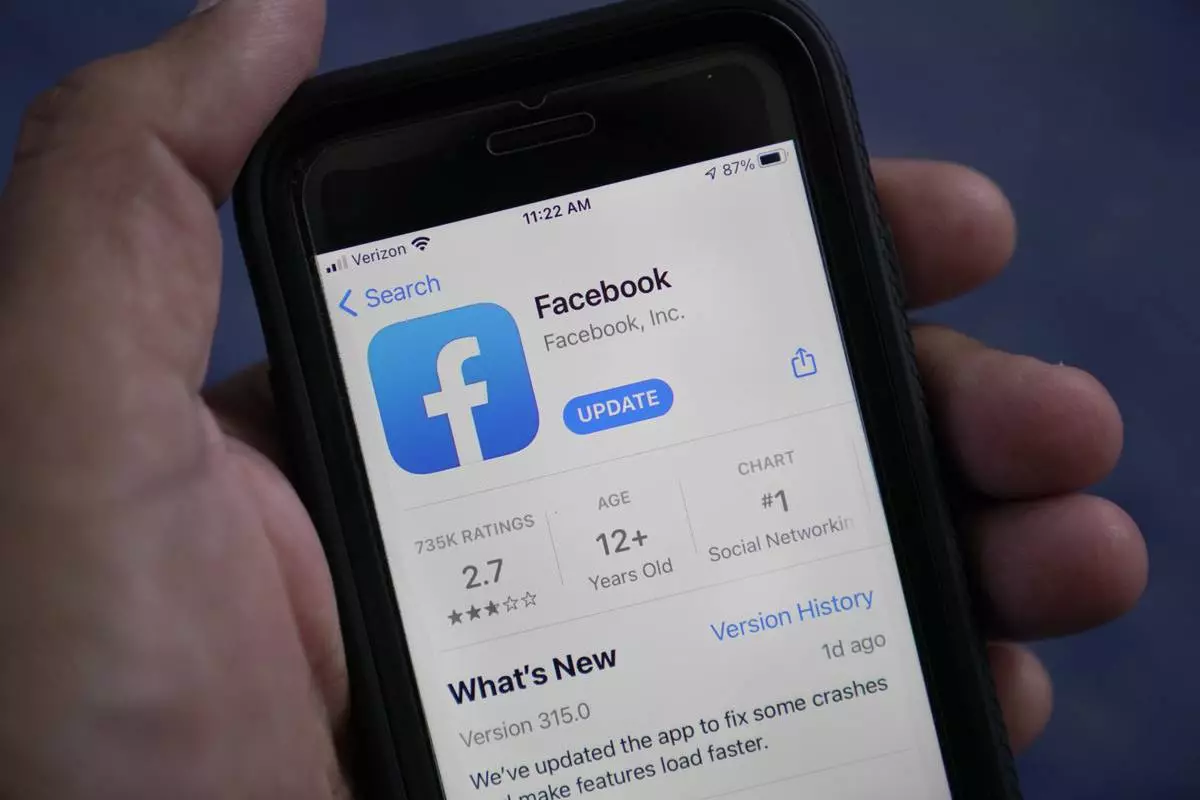Mark Zuckerberg has apologized for showcasing Facebook's virtual reality capability with a tour of hurricane-ravaged Puerto Rico.

FILE - In this May 25, 2017, file photo, Facebook CEO and Harvard dropout Mark Zuckerberg delivers the commencement address at Harvard University commencement exercises in Cambridge, Mass. Zuckerberg apologized on Oct. 10, 2017, for showcasing Facebook’s virtual reality capability with a tour of hurricane ravaged Puerto Rico.(AP Photo/Steven Senne, File)
The Facebook founder and another executive discussed the platform's virtual reality project through avatars in a video recorded live Monday.
The video begins with the avatars pictured on the roof of Facebook's Mountain View, California, headquarters before heading to Puerto Rico by using a 360-degree video recorded by National Public Radio as a backdrop.

video screenshot
Zuckerberg later responded to critics, writing that his goal of showing "how VR can raise awareness and help us see what's happening in different parts of the world" wasn't clear. He says he's sorry to anyone who was offended.
Facebook is also working to restore internet connectivity on the island and has donated money to the relief effort.
Meta will be sunsetting Facebook News in early April for users in the U.S. and Australia as the platform further deemphasizes news and politics. The feature was shut down in the U.K., France and Germany last year.
Launched in 2019, the News tab curated headlines from national and international news organizations, as well as smaller, local publications.
Meta says users will still be able to view links to news articles, and news organizations will still be able to post and promote their stories and websites, as any other individual or organization can on Facebook.
The change comes as Meta tries to scale back news and political content on its platforms following years of criticism about how it handles misinformation and whether it contributes to political polarization.
“This change does not impact posts from accounts people choose to follow; it impacts what the system recommends, and people can control if they want more,” said Dani Lever, a Meta spokesperson. “This announcement expands on years of work on how we approach and treat political content based on what people have told us they wanted.”
Meta said the change to the News tab does not affect its fact-checking network and review of misinformation.
But misinformation remains a challenge for the company, especially as the U.S. presidential election and other races get underway.
“Facebook didn’t envision itself as a political platform. It was run by tech people. And then suddenly it started scaling and they found themselves immersed in politics, and they themselves became the headline,” said Sarah Kreps, director of the Tech Policy Institute in the Cornell Brooks School of Public Policy who studies tech policy and how new technologies evolve over time. “I think with many big elections coming up this year, it’s not surprising that Facebook is taking yet another step away from politics so that they can just not, inadvertently, themselves become a political headline.”
Rick Edmonds, media analyst for Poynter, said the dissolution of the News tab is not surprising for news organizations that have been seeing diminishing Facebook traffic to their websites for several years, spurring organizations to focus on other ways to attract an audience, such as search and newsletters.
“I would say if you’ve been watching, you could see this coming, but it’s one more very hurtful thing to the business of news,” Edmonds said.
News makes up less than 3% of what users worldwide see in their Facebook feeds, Meta said, adding that the number of people using Facebook News in Australia and the U.S. dropped by over 80% last year.
However, according to a 2023 Pew Research study, half of U.S. adults get news at least sometimes from social media. And one platform outpaces the rest: Facebook.
Three in 10 U.S. adults say they regularly get news from Facebook, according to Pew, and 16% of U.S. adults say they regularly get news from Instagram, also owned by Meta.
Instagram users recently expressed dissatisfaction with the app's choice to stop “proactively” recommending political content posted on accounts that users don’t follow. While the option to turn off the filter was always available in user settings, many people were not aware Meta made the change.

FILE - The Facebook app is shown on a smart phone in Surfside, Fla., Friday, April 23, 2021. Meta will be sunsetting Facebook News in early April for users in the U.S. and Australia as the platform continues to deemphasize news and politics. The feature was shut down for users in the U.K., France and Germany last year. (AP Photo/Wilfredo Lee, File)





